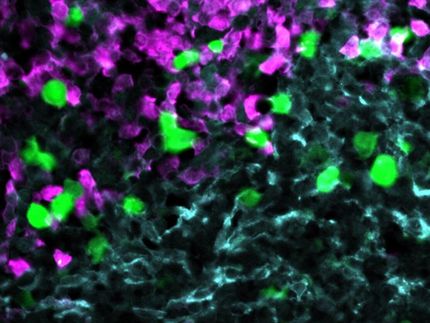Human Genome Sciences announces clearance of investigational a new anticancer drug application for the treatment of B-cell tumor
- Phase 1 clinical study to begin in multiple myeloma patients -
Advertisement
ROCKVILLE, Maryland, May 14, 2002 – human genome Sciences, Inc. announced today that the U.S. food and Drug Administration (FDA) has cleared the company’s Investigational New Drug (IND) application to begin clinical trials of LymphoRad™131 (LymphoRad). Human Genome Sciences’ initial Phase 1 clinical trial will evaluate the safety and pharmacology of LymphoRad in patients with multiple myeloma. An announcement that the company had filed an IND application was made earlier this year.
B-cell tumors like multiple myeloma and non-Hodgkin lymphomas are known to be highly susceptible to the lethal effects of radiation. Preclinical studies show that LymphoRad, a radioiodinated form of B lymphocyte stimulator (BLyS™), binds to receptors found only on B cells and B-cell tumors, delivering low doses of radiation that cause cell death. Such studies of multiple myeloma and non-Hodgkin lymphomas also show that treatment with LymphoRad results in inhibition of tumor growth and prolonged survival. LymphoRad has the potential to treat a broad range of B-cell tumors, including multiple myeloma, chronic lymphocytic leukemia, and non-Hodgkin lymphomas such as large B-cell lymphomas, follicular B-cell lymphomas, and Burkitt’s lymphoma.
The Multiple Myeloma Research Foundation estimates that over 14,000 new cases of multiple myeloma are diagnosed each year in the United States1. It is estimated that 105,000 people in the U.S., Europe and Japan have multiple myeloma2. Multiple myeloma is the second most prevalent blood cancer and is approximately twice as prevalent in men as in women. Multiple myeloma is also among the ten leading causes of death in African Americans1.






















































